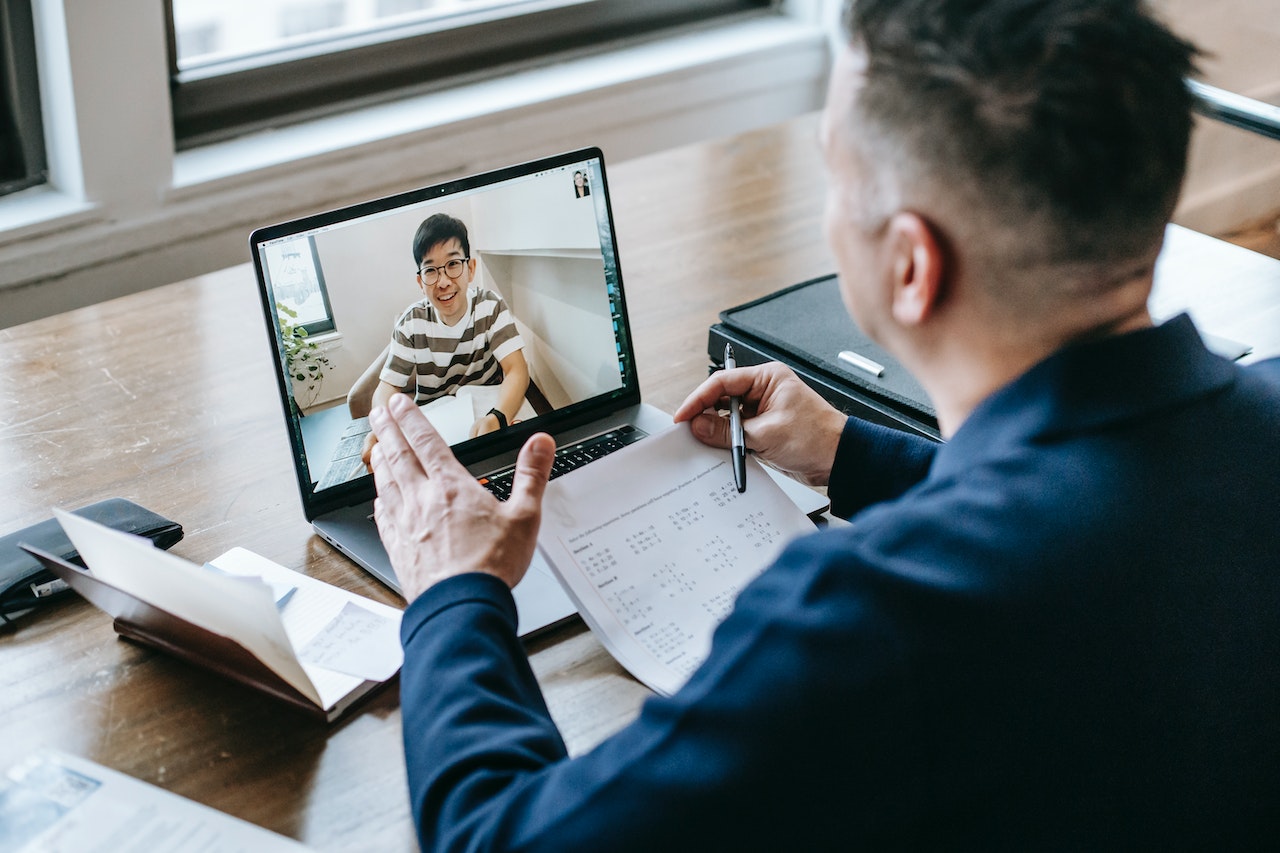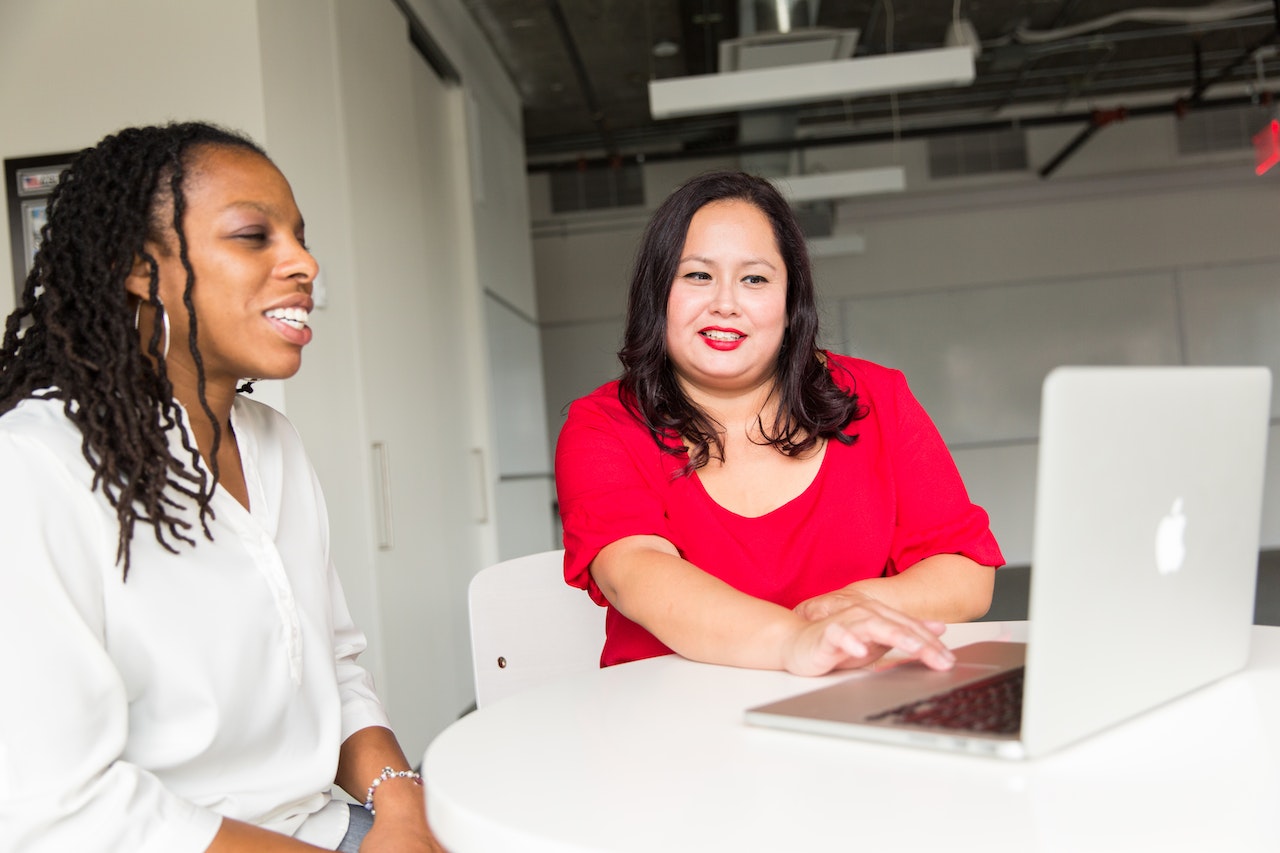Why feedback is helpful for your professional development
Publié le

Publié le

RemoteScout24 · Publié le 2021-12-28 21:54:16.0
RemoteScout24 · Publié le 2021-12-28 21:54:16.0
RemoteScout24 · Publié le 2021-12-28 21:54:16.0
RemoteScout24 · Publié le 2021-12-28 21:54:16.0



